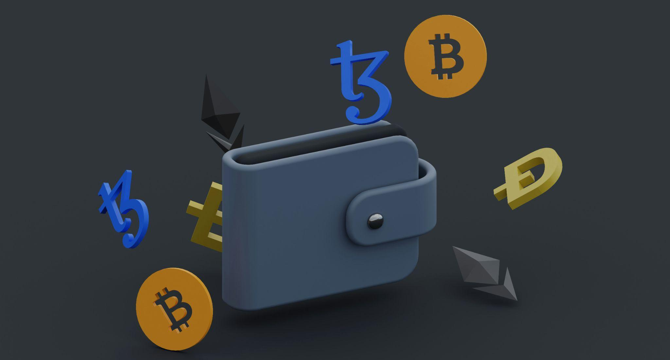Entrepreneurshiplife
1M
9

Image Credit: Entrepreneurshiplife
Will Crypto Become as Widespread as Fiat?
- Crypto doesn’t need to dismantle the fiat system to gain ground but rather prove its utility where traditional currencies fall short, such as in fast payments and financial flexibility.
- Industries like iGaming have embraced crypto to address issues of slow transactions, providing players with quicker deposit and withdrawal options, enhanced privacy, and faster transaction times.
- E-commerce retailers, facing challenges with international payments, processing fees, and chargebacks, have found crypto to be a viable solution, enabling faster transactions and currency stability through stablecoins.
- Freelancers now commonly opt for crypto payments due to their speed, global accessibility, and cost-efficiency, bypassing traditional banking delays and fees.
- Creators are leveraging crypto for direct financial control, utilizing on-chain publishing tools, token-based monetization, and community building through rewards and ownership options.
- DeFi platforms like Aave and Compound are providing entrepreneurs with alternative lending and investment options, revolutionizing access to capital without the need for traditional credit systems.
- Despite its utility, crypto faces challenges of reputation, scams, price volatility, and regulatory uncertainties that hinder mass adoption, necessitating clearer rules and improved user experience.
- The intersection of crypto and industries like gaming showcases the practical applications of digital value, where tokens hold real-world worth, and in-game economies are increasingly leveraging token mechanics.
- Ultimately, crypto’s widespread adoption doesn’t require replacing fiat entirely but rather addressing specific industry needs for speed, accessibility, and autonomy, where it can provide tangible benefits over traditional currencies.
- Entrepreneurs are actively integrating crypto solutions into their operations to address present challenges rather than waiting for a hypothetical future scenario.
Read Full Article
Like
For uninterrupted reading, download the app